There’s a story that applies to many of the foreigners living here in Cusco. Upon arriving, they recognized something special in the Spanish-style casonas and ancient Inca architecture, in the music and the food, and in the people and the land. It was a sense of profound connection that they unknowingly were seeking, and so they stayed.
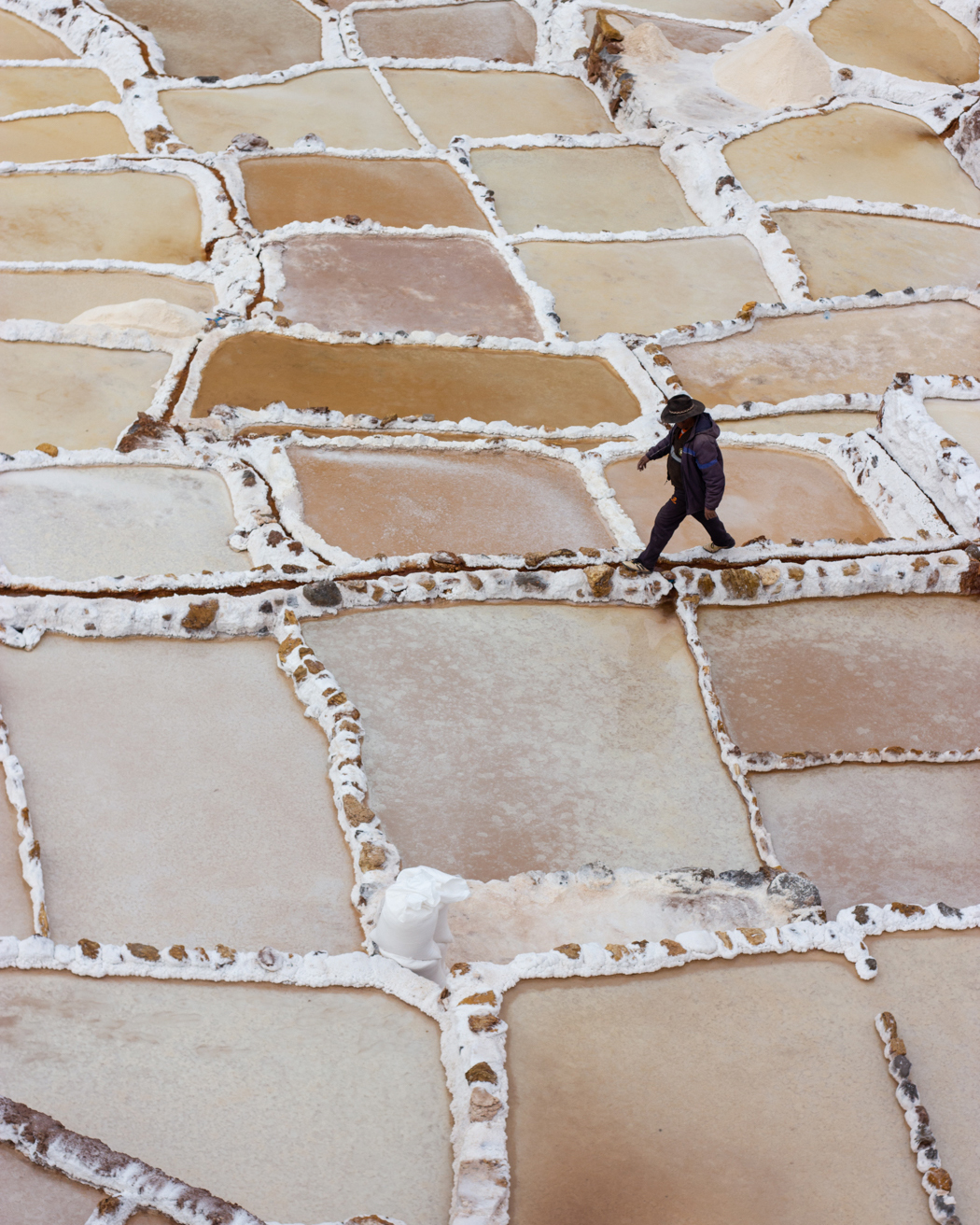
Before now, I haven’t felt that this was my story. I visited Cusco before I moved to see a dear friend who had been living and working here, and several months later I decided to live here “temporarily.” Slowly that notion morphed into “I’m living here for now,” and then finally changed simply to “I’m living here.” But still, I didn’t believe that I, too, was subject to that sense of instant connection — Cusco and I were not soulmates right off the bat. In retrospect, I realize that I may need to revise the way that I tell my story, as this place has, in fact, become not only my home, but a part of me; and from that love came Aula.
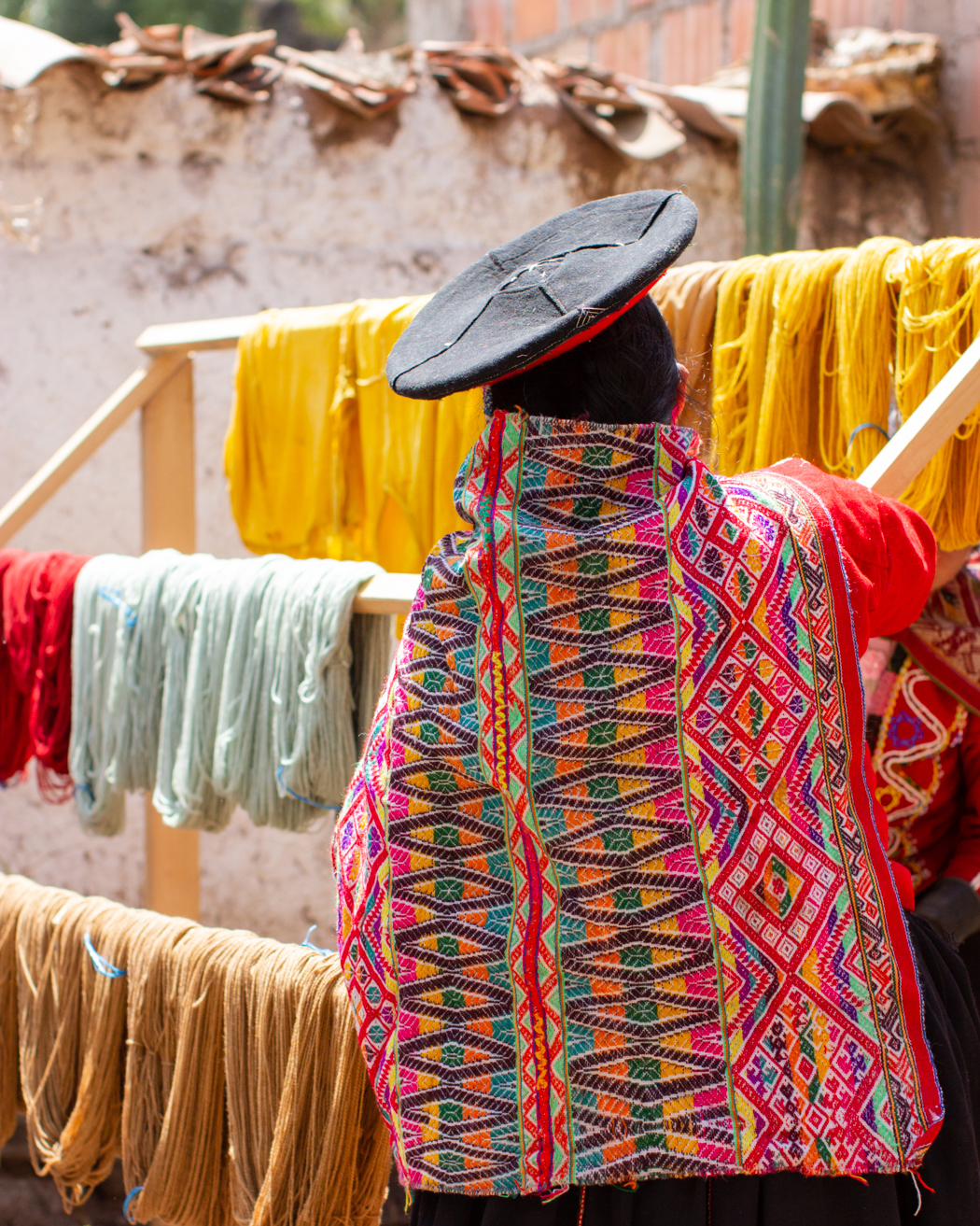
Nearly three years ago, I had arrived in Cusco to work short-term for a local fair trade textile program. The nonprofit was about to receive a new manager for its education program, and as was tradition, the team headed to the airport to pick her up. I spotted Steph at the terminal, gave her a welcome and a hug, and off we went in a taxi.
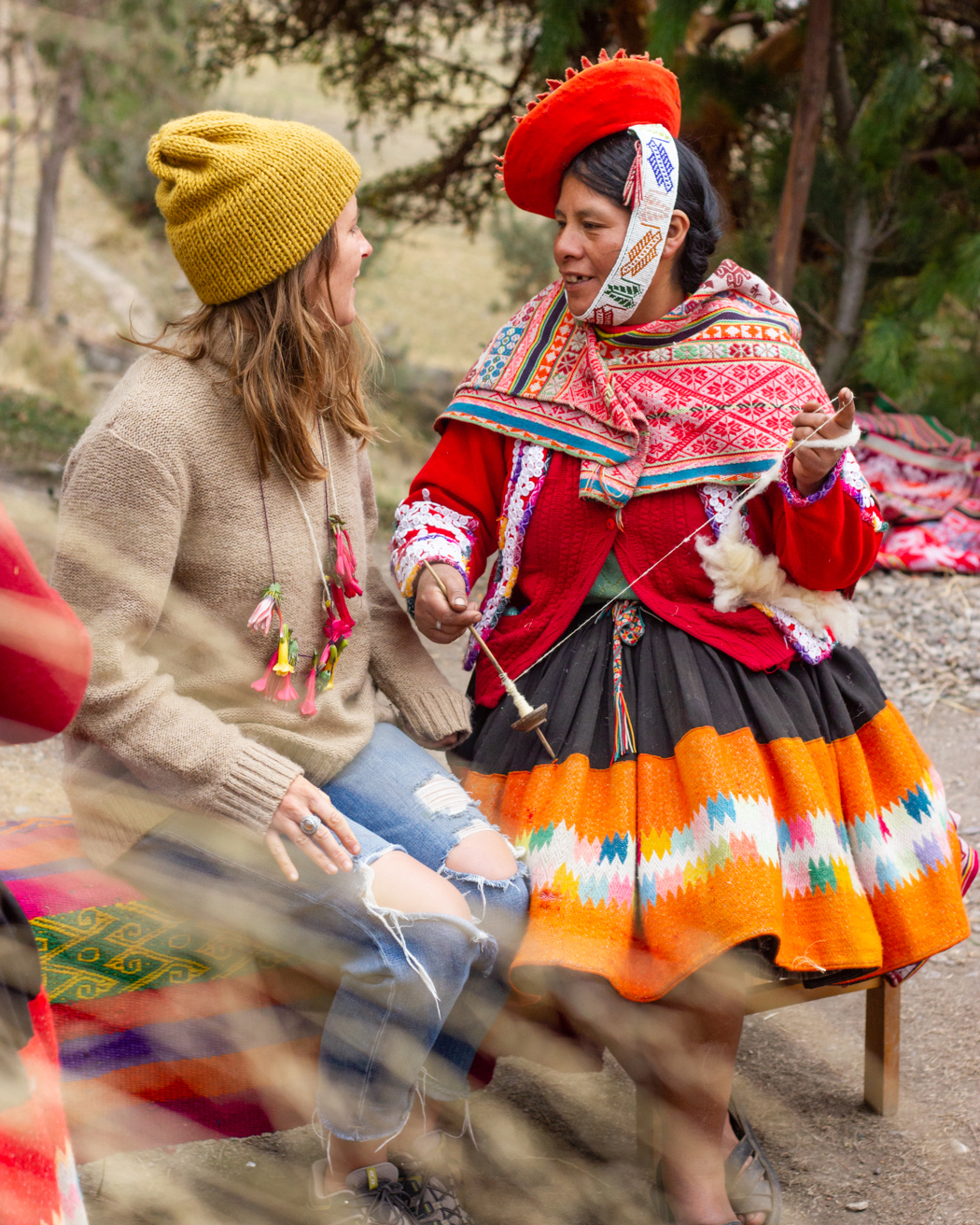
We worked together as colleagues, scheduling a number of “work meetings” at cute local cafes with especially good desserts. And after my contract ended, “colleague” became “friend,” and that friendship only grew. Just over a year ago, Steph and I got together for a chat-and-sweets session, and I pitched her an idea — a company that works with artisans from across the country, not only to source products but also to host hands-on workshops in their communities. Here, visitors would learn how to make the goods they were buying. We scribbled ideas and notes on a napkin, and a few months after that, Aula Artesana was born.
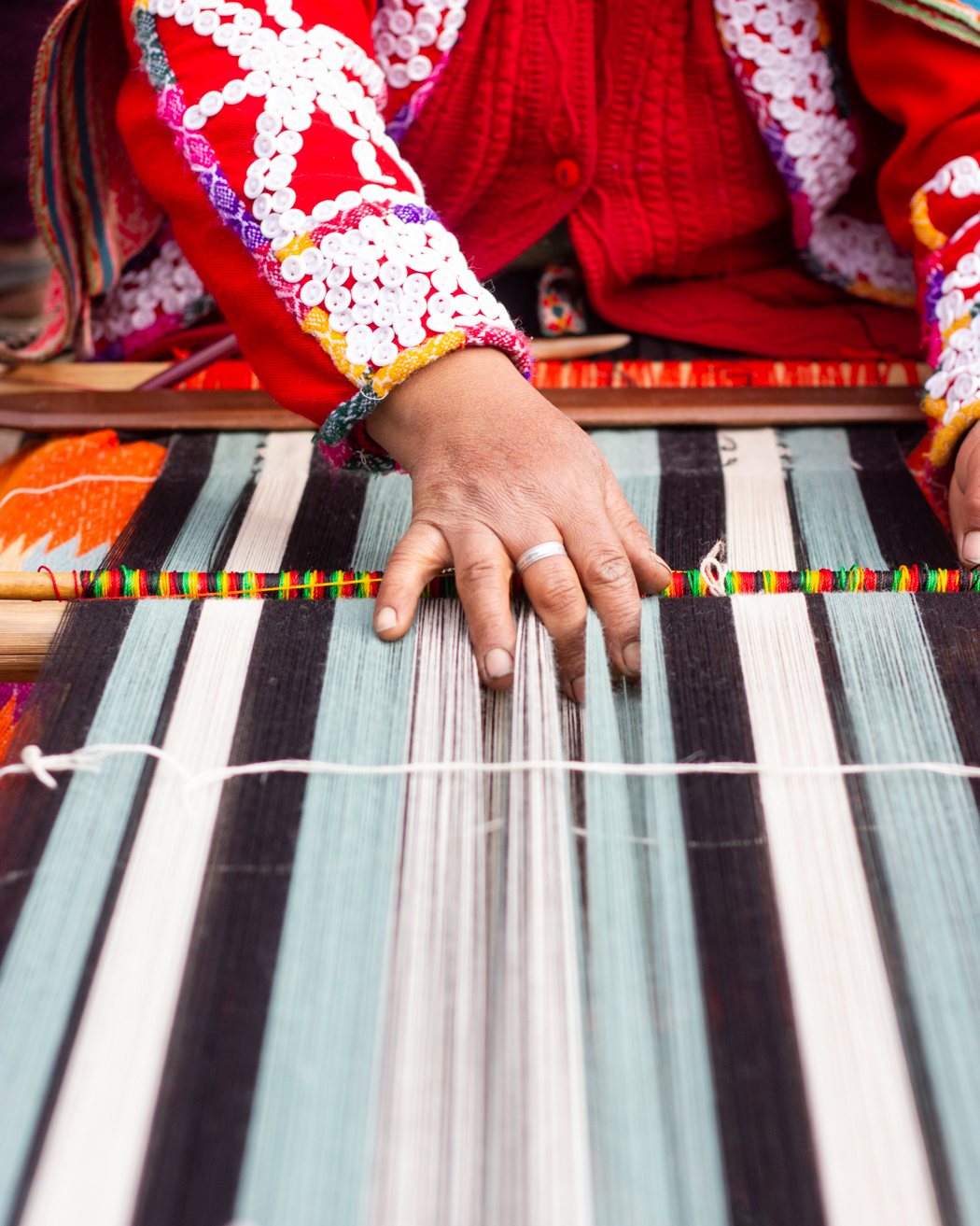
The idea behind Aula is that there’s a disconnect between the people who make beautiful, handmade pieces and the people who buy them. Visitors want to know the people behind the process, to truly understand the techniques and traditions that go into their creation. At the same time, artisans want to share their knowledge and culture with the rest of the world. With a wide array of obstacles including language barriers, time constraints, cultural differences, this can prove to be difficult, but Aula is trying to mitigate these gaps to create a space for true exchange.
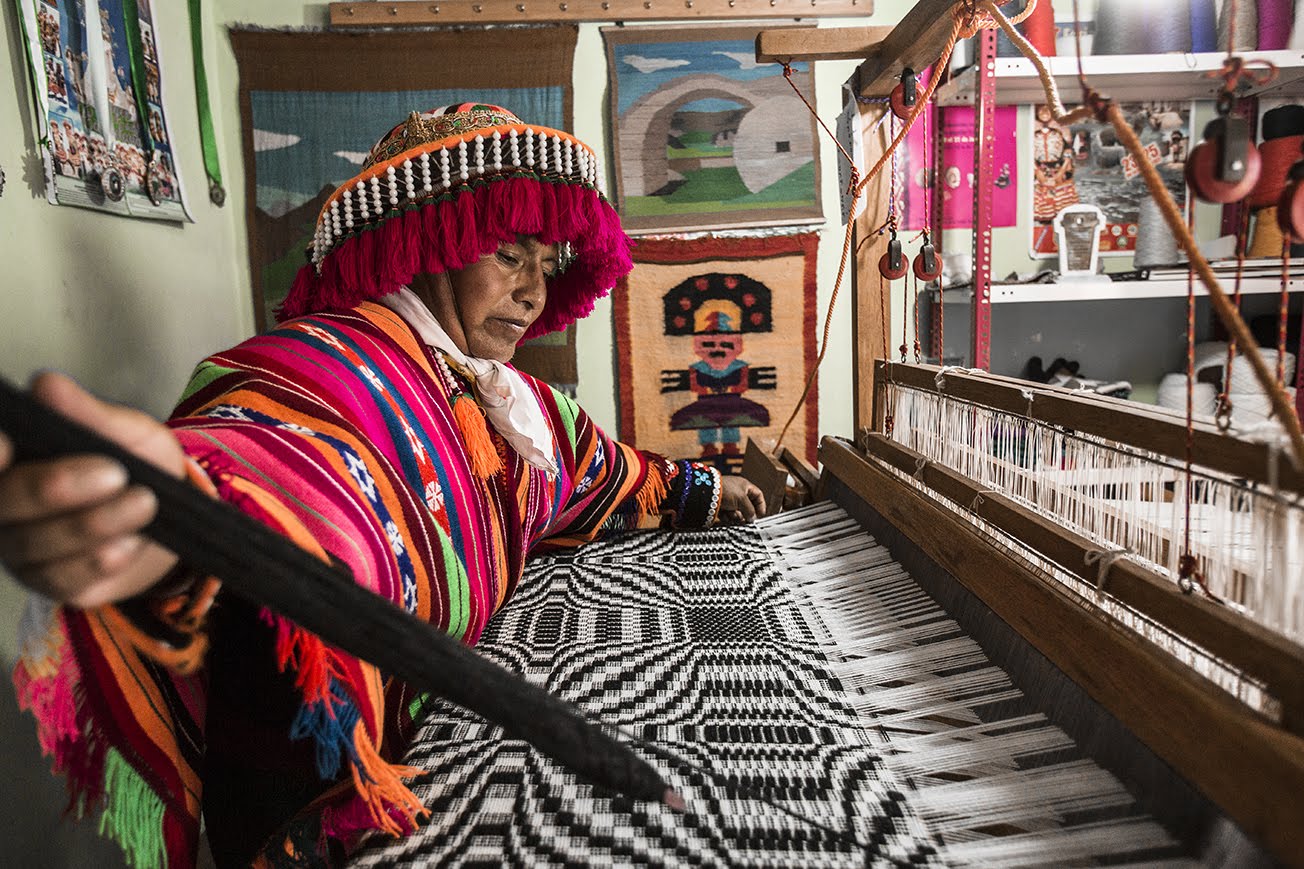
In all that we do, we aim to facilitate intimate environments where buyers and makers become students and teachers, fostering a connection that goes beyond the transactional to share knowledge, experience, and passion for handmade goods. Those moments of intimacy can be loud and soft—the “aha” moment a weaving student has as she followers her teacher through the over-under of the backstrap loom, the sharing of potatoes and hot tea over a picnic blanket, the profound embrace that signals “hasta luego,” never good-bye. At our most recent workshop, one of our guests shared a knitting pattern with her weaving teacher, and together they navigated the braided design, though they shared no language or cultural overlap. These moments cannot be manufactured, but come about organically in a space that feels like it was made for everyone. This is what Aula works to create.
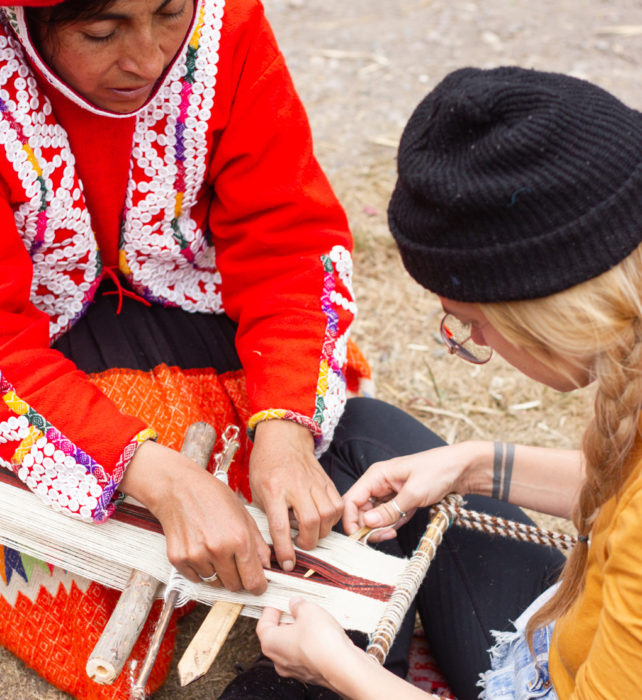
There’s no checklist to follow on how to facilitate these kinds of interactions, but we have a few go-to’s that we’ve been able to employ. The most obvious and most crucial is to develop an intimate, open relationship between ourselves and the artisans. Our partners need to know they can trust us, need to know that we care for them and want to spend time with them. And we need to trust our partners, too. We need to know that they want to open their doors to us and our visitors.
Besides that, it’s all in the little things. We insist on sharing lunch during the workshop and inviting all the artisans, their friends, their children—anyone who wants to join is welcome. We are attentive to the needs of everyone, from our guests to our partners, and if there’s ever a moment of discomfort, we address it right away. We take tea breaks, share snacks, snap photos and share them around. It’s not so much the “what” as the “how;” always from the heart, always with respect, always giving as much as we’re receiving.
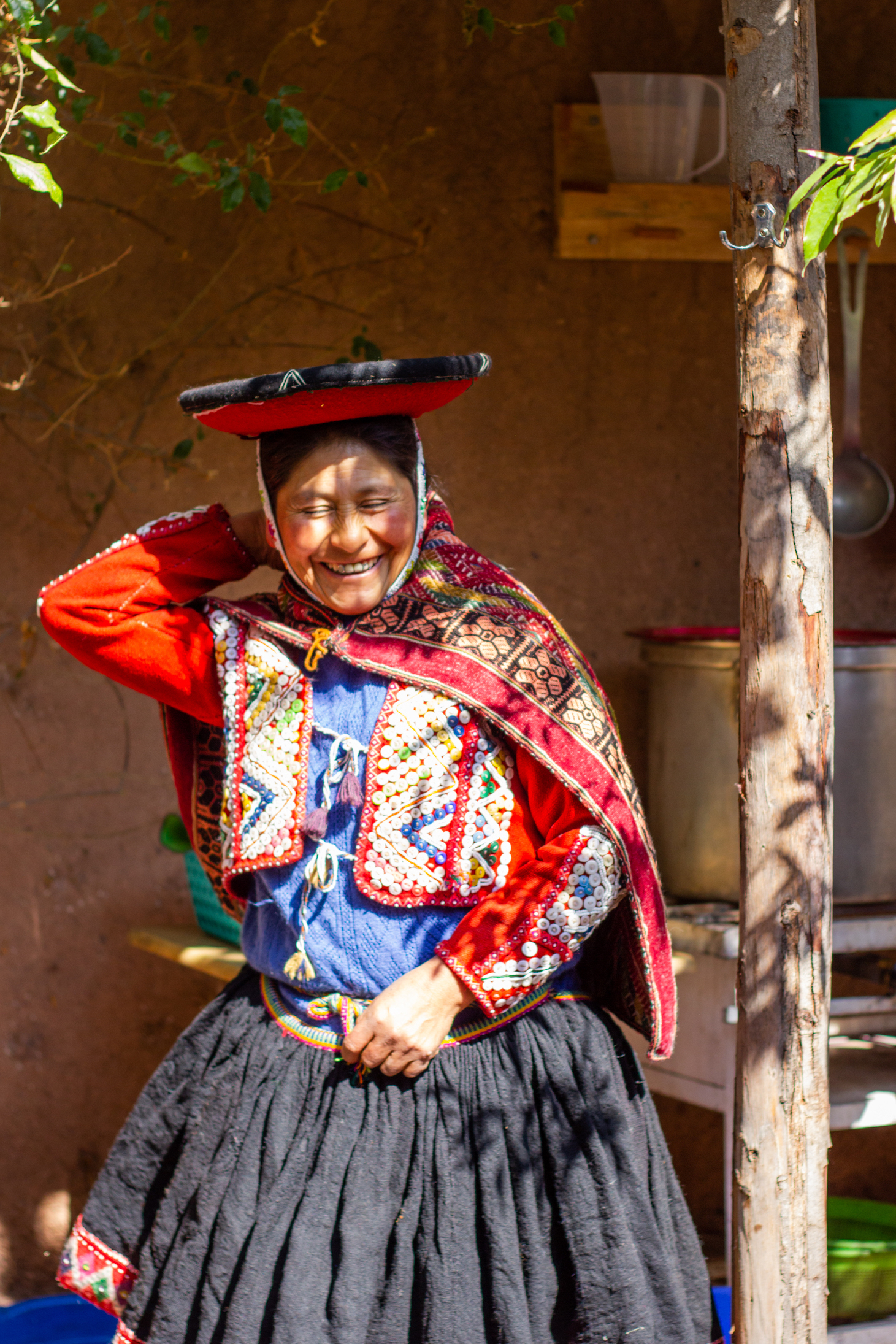
“Aula Artesana” means “artisan classroom,” and now that we’ve been in business for over a year, our next goal is to bring our name to life in an even bigger way. We want to open Aulita, a new boutique, cafe and learning space, all in one, here in Cusco, Peru. We’ve realized that we need a lot more space to showcase the stories of our artisan partners, display their goods, and create a community of people who care as deeply as we do about the different cultures and arts of Peru. The more space we have, the more income our partners can bring home to their families, the more workshops we can host, and the more opportunities we can create for true intimacy, connection and exchange.
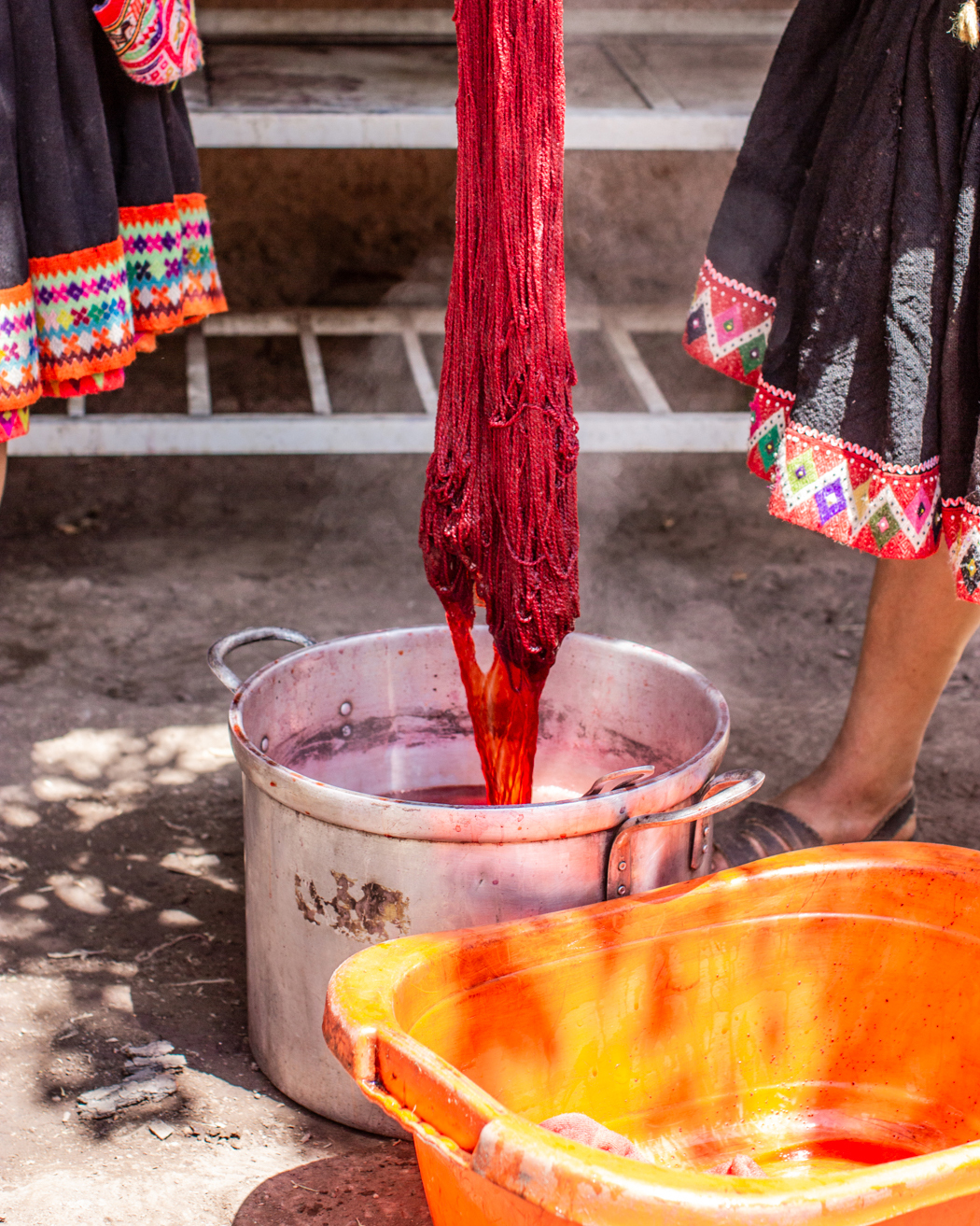
From the very beginning, Aula has been dedicated to collaboration and community. To bring our next phase to life, we felt that crowdfunding would be the perfect approach. We’re hoping that with the help of our ever-growing community of artisans and art-lovers, we can bring our bigger, brighter space to life.
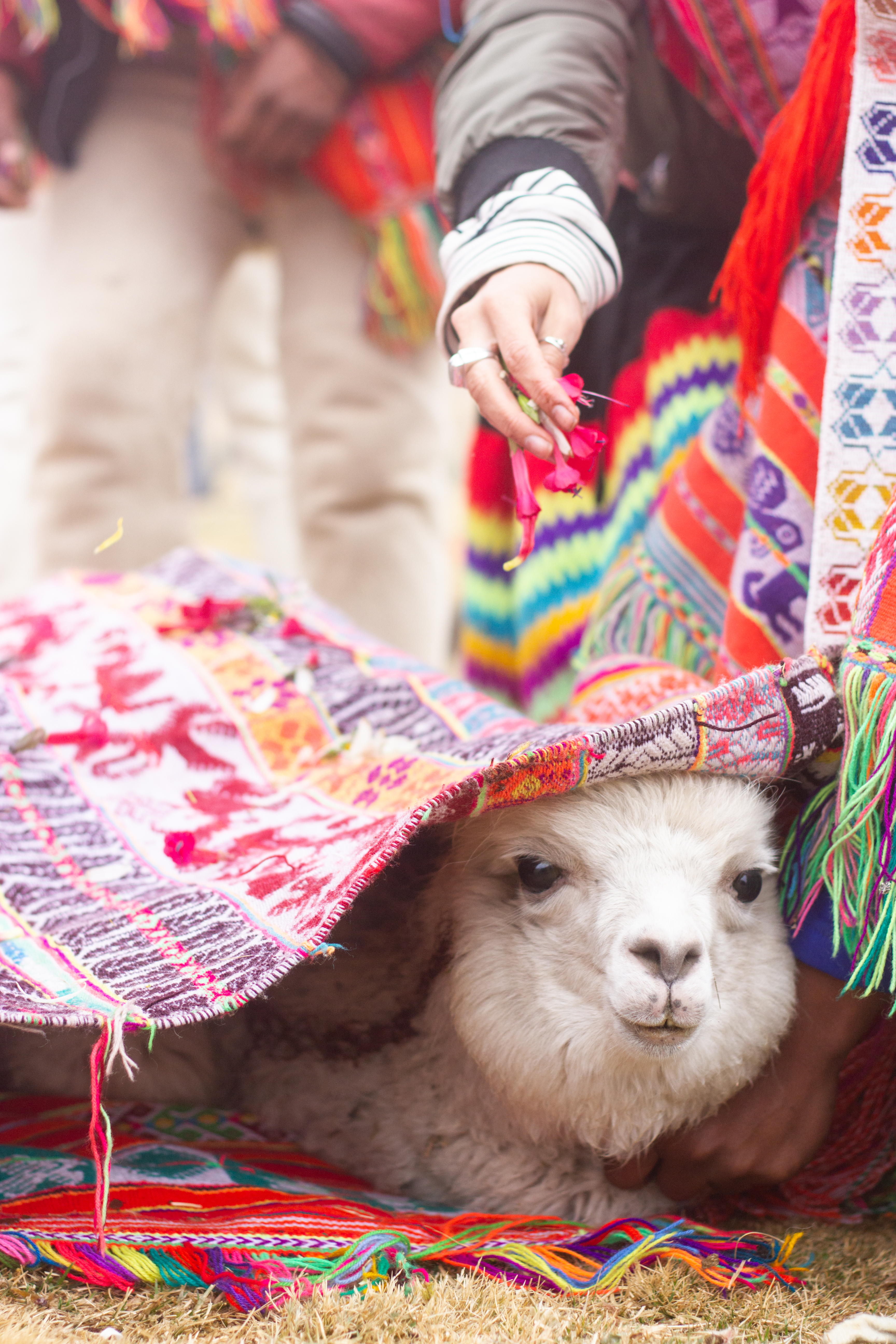
Of all my many idealistic hopes for Aula, near the top of the list is the idea that Aula will grow far beyond its four walls, its website, its digital reach, to begin to change the way makers and buyers interact with one another. What starts as a transaction should finish as an interaction, a moment of empathy, a sharing of stories. That’s the feeling that grows and spreads and touches people. It’s why I’m in Cusco, it’s how Aula came to be.
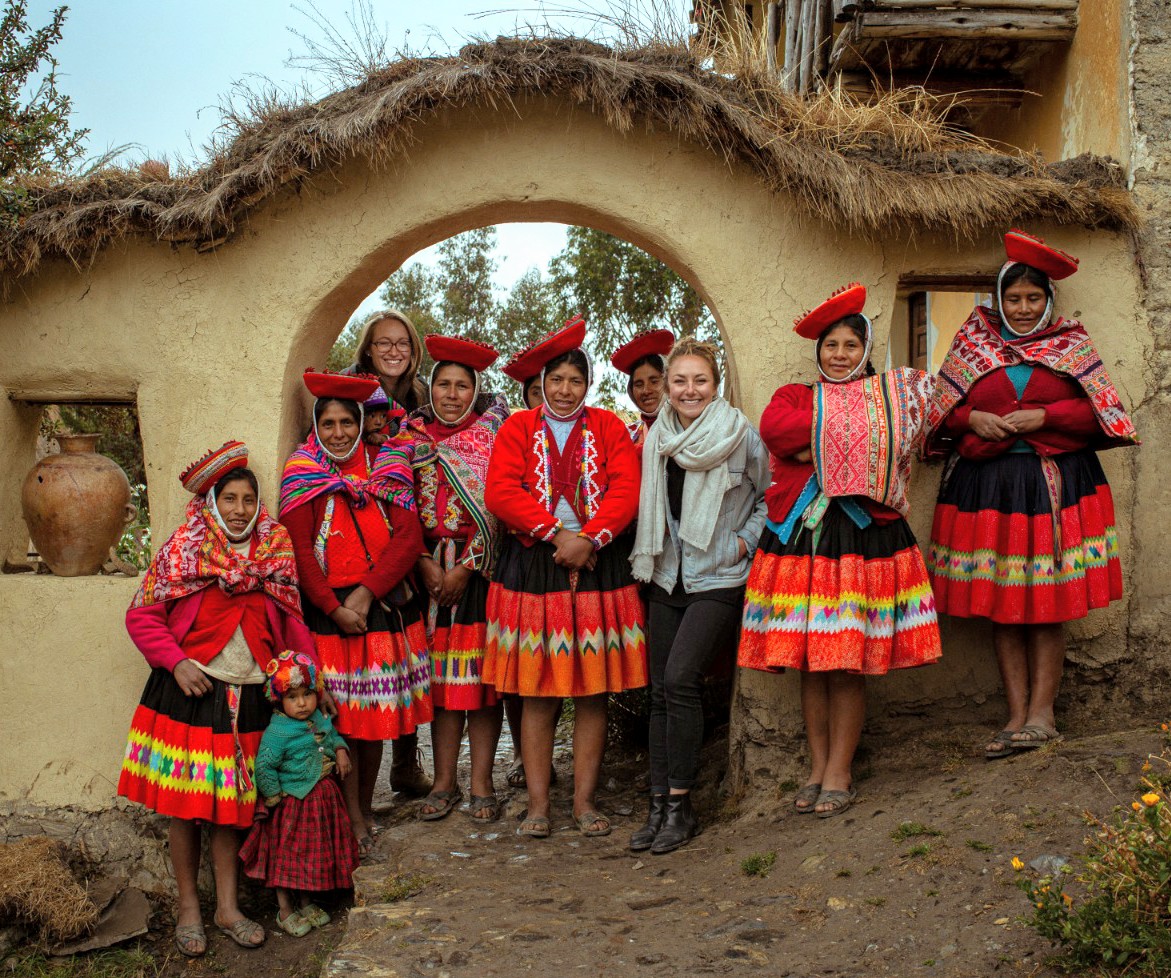
For more information on the Aulita campaign and to donate, visit kickstarter.com.

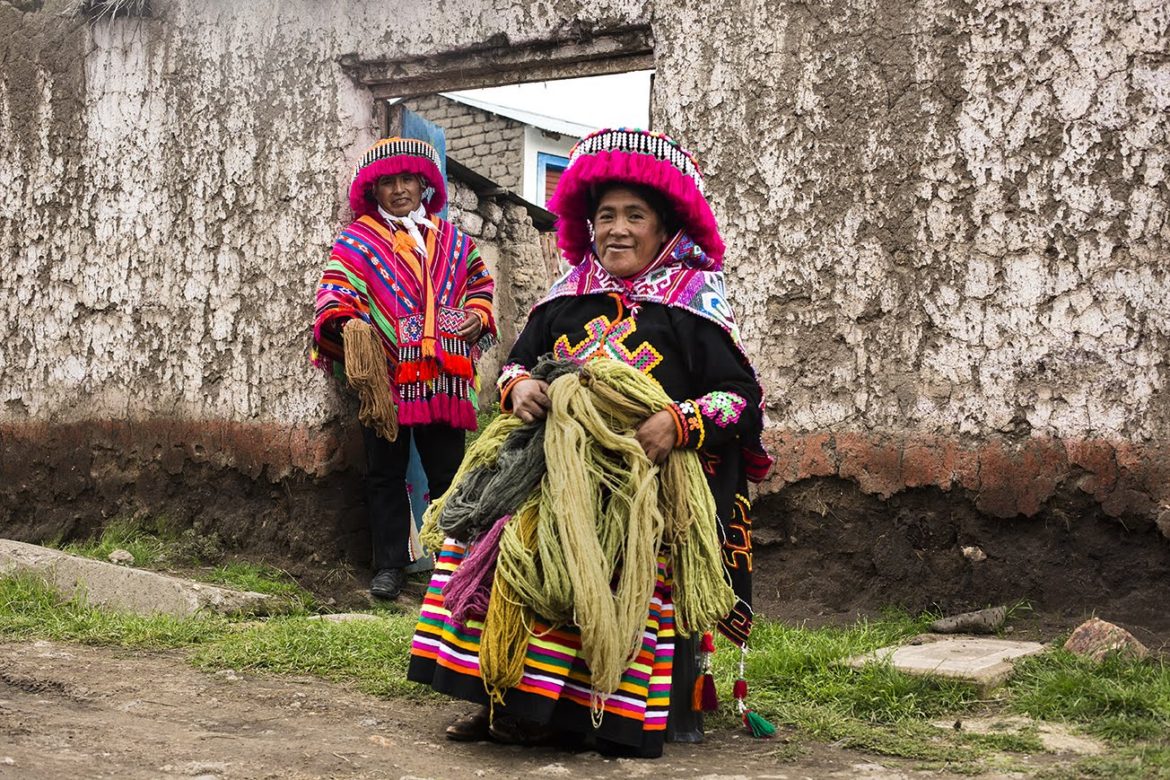








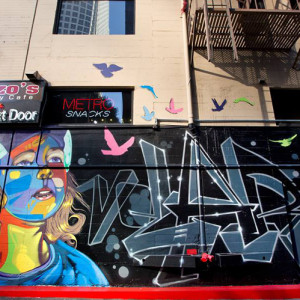
Leave a reply